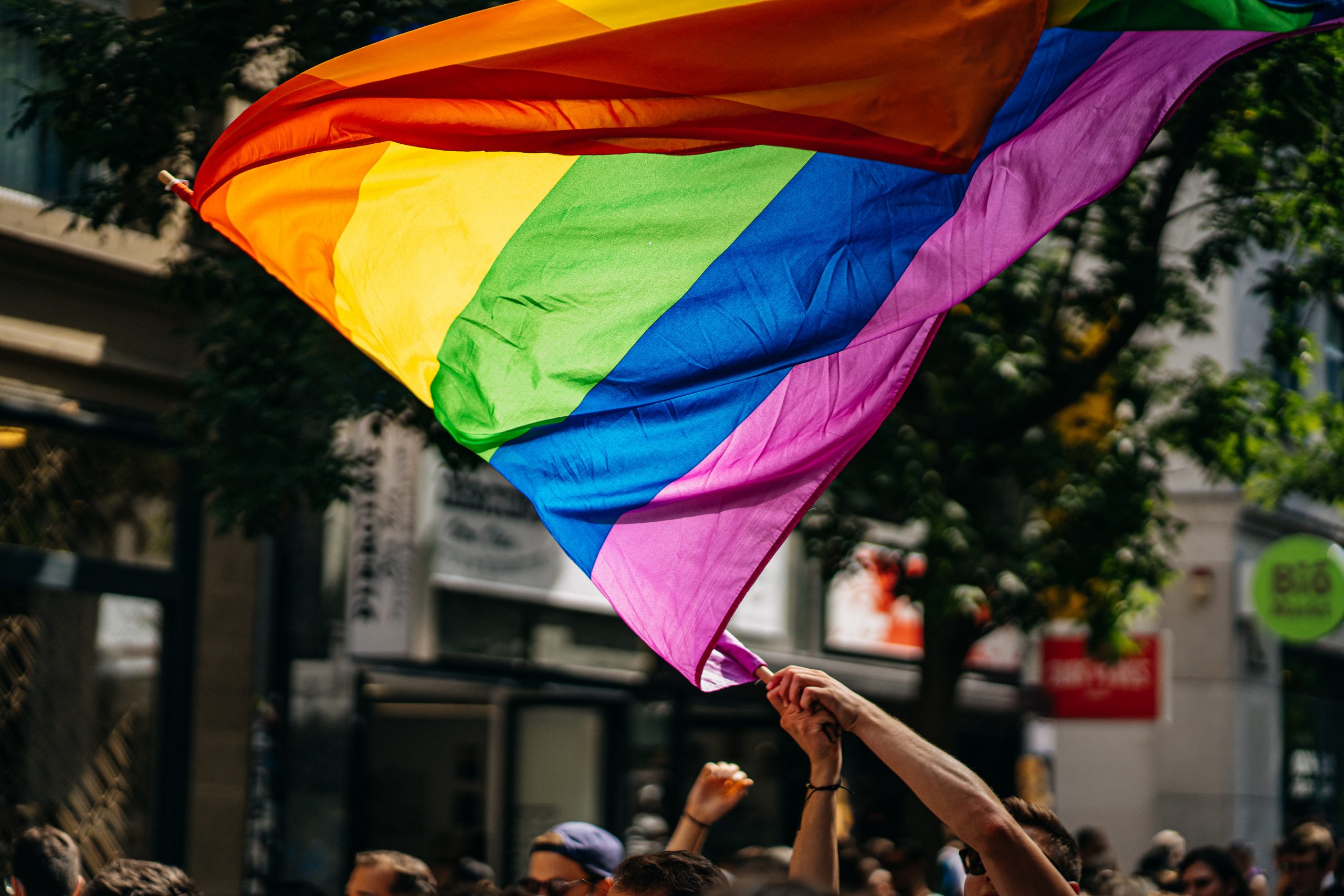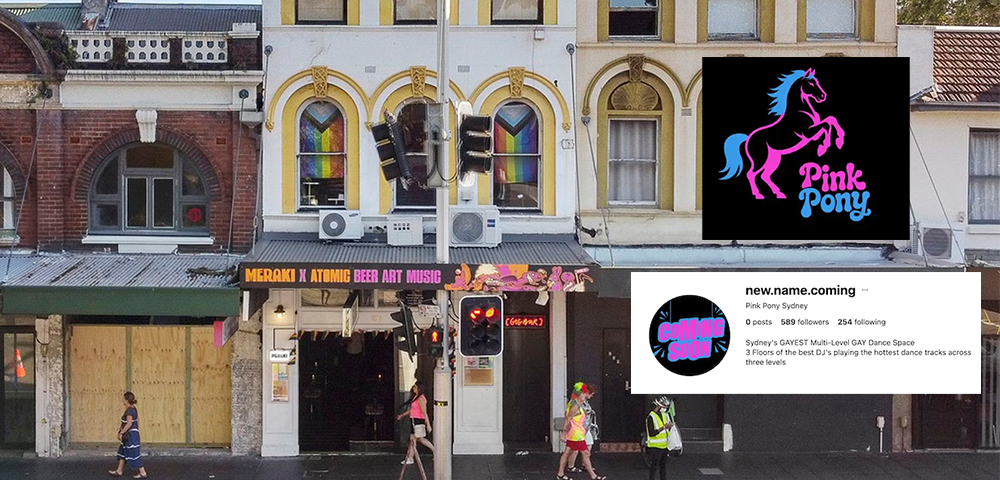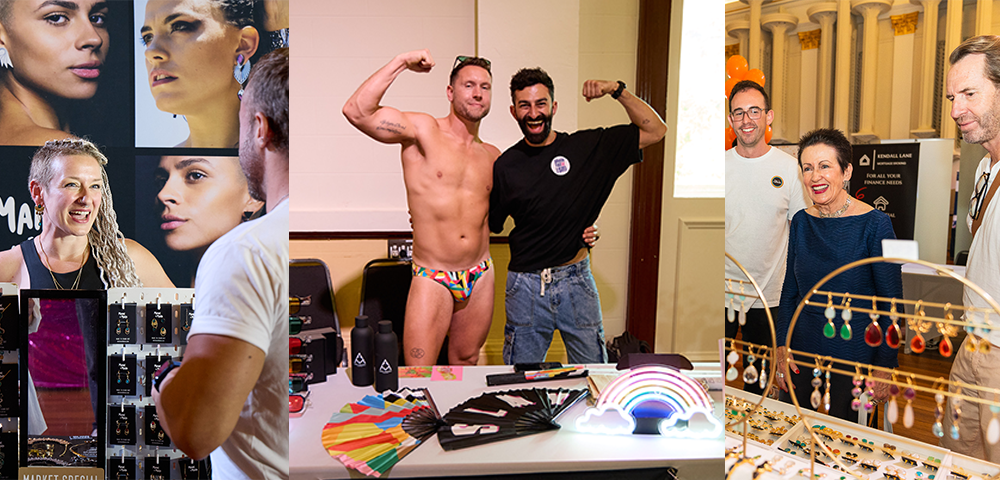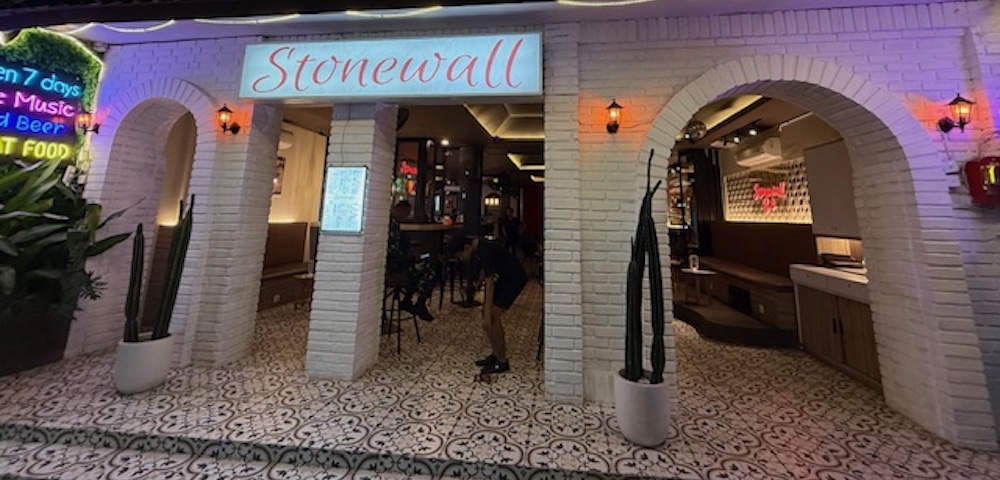
Documentary shows change is in the air for rural Australia

WHEN Ivan Hinton-Teoh decided to take part in a documentary about his return to his hometown, he did so with the aim of helping rural youth who struggled with their LGBTI identity.
Tonight, The Feed on SBS2 will air Hinton-Teoh’s journey to Tumut, NSW — which he left as a teenager after a childhood of bullying — to confront his past demons.
It’s the first time the deputy national director of Australian Marriage Equality has returned to his town in 21 years.
“My experience of bullying started in kindergarten,” Hinton-Teoh told the Star Observer.
“Before my peers knew what the words meant, I was called ‘poofter’ and ‘fag’.”
He recalled days when he would wake up and wouldn’t want to go to school, let alone be awake.
He added that one particular student, Sam — who features in the documentary — embodied all of the school kids he struggled with, and he wanted to resolve that.
“For a long time I have wanted to open that box, to have the strength and courage to reflect on a time when I felt so broken that death seemed to be a reasonable solution,” Hinton-Teoh said.
“From the moment I realised that I was okay being me, that I was worthy of both love and respect it, something that took me well into my 20s, it has gnawed at me that there were other kids silently and in isolation going through the same experience. They could be in Tumut as much as countless hundreds of small towns around Australia.
“Where I couldn’t see examples of what life had in store for me when I was a child, I wanted to be part of the growing number of LGBTI people that were prepared to, firstly, tell these kids, ‘it’s okay to be you’ and, secondly, remind communities to find opportunities to provide safe and nurturing environments for all kids, including LGBTI kids.”
Hinton-Teoh — who married his partner Chris in Canberra last year when same-sex marriage was legal in the ACT before the High Court struck it down — said despite his personal experience growing up there, he believed Tumut has changed for the good since he left.
“Social media and the work that I have been doing for marriage equality has reconnected me with my community in Tumut,” he said.
“The newfound support and respect for who I am, my relationship and what I am working on with marriage equality has shown me that the Tumut of today doesn’t reflect the experience I had as a child and teenager.”
Tonight’s documentary also explores tales of growing up in regions surrounded by homophobia — and the growing sense of change in the air.
Despite this, Hinton-Teoh explained that for a long time, it was “relatively easy” to not return to his hometown.
“When I left Tumut I left most of it behind to help me move on. My parents moved to Canberra to be closer to me and what friends I had, had also left,” he said.
“What continues to draw me back to the area is it’s where my brother died when I was five. He’s buried on the farm we used to have so for years I’ve struggled to go back. The impact of his death on my family, the isolation of the farm and the torment of my experience at school was each enough reason to not go back.
“What was hard was the baggage that I attached to that location and the community. What was hard was driving near the town and not being able to enjoy its local beauty but be engulfed by my childhood fears and anxiety.”
He hoped his story tonight, along with the other stories in the documentary, will have a positive impact on rural communities, and to break down negative stereotypes about them.
“I hope my story will help rural communities realise the impact that prejudice and fear can have on children,” he said.
“We can’t assume that all kids are straight and ensuring that they are loved and supported in our communities is vital to both their mental health and futures.
“I also see in my work with Australian Marriage Equality and my life more broadly that it is wrong to assume that rural communities don’t respect LGBTI people. There has been a cultural shift, both urban and rural, and it’s primarily a matter of giving voice to our supporters.”
See a sneak peek below and watch the full story tonight (October 6) on The Feed, 7.30pm on SBS 2.










It was a fantastic documentary I have ever watched. I currently live in a town called Forbes (just south of Parkes) in NSW. I have many friends in town who are the exact same as me and we talk and discuss these LGBTI issues over a casual drink and chat at the pub – and we make and change attitudes. I originally was born and raised in Penrith in Western Sydney, then moved to Parkes/Forbes about 3 years ago. I have had way more acceptance here in Parkes/Forbes then in Western Sydney – what does that say in 2014?
But then again, Australia as a whole all over the country, (at a city, regional or remote area) still needs to look and address at our own xenophobia, homophobia and racism to move on and deal with it – and then hopefully by the end of 2014/15 legally allow marriage equality and to include Indigenous, Aboriginal and Tories Straight Islanders in our Constitution!